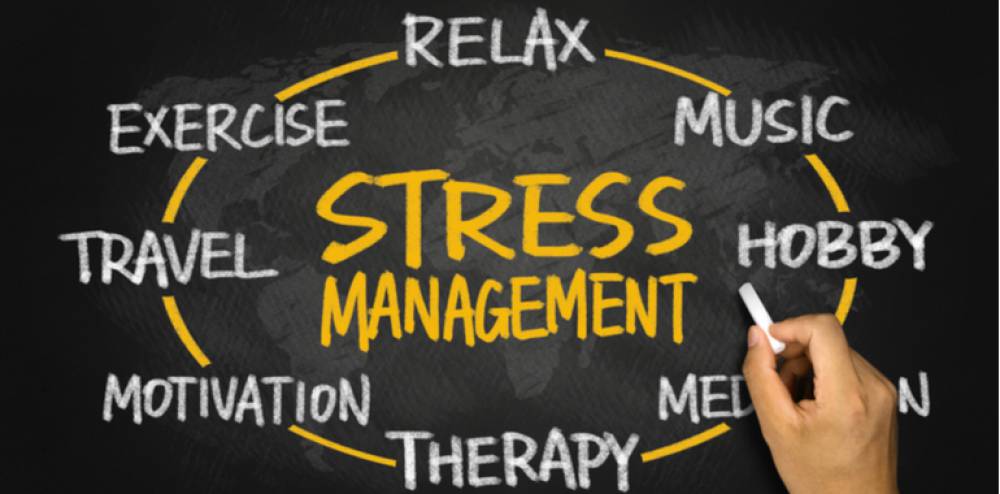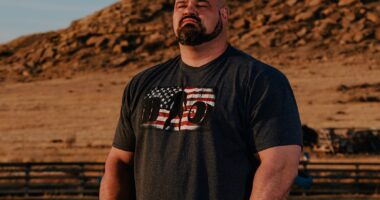In the world of executive protection, physical readiness is not just an advantage—its a necessity. The role demands a unique blend of strength, agility, and mental fortitude, as professionals often find themselves in high-stress environments while ensuring the safety of their clients.
More than simply maintaining a fitness regimen, preparing for a career in this field involves a comprehensive approach: understanding the dynamics of threat assessment, practicing situational awareness, and honing self-defense techniques. Whether you’re navigating crowded events or assessing potential risks during travel, your body must respond as adeptly as your mind.
In this article, we will explore effective strategies and tailored workouts that will equip aspiring protectors with the physical prowess required to excel in this demanding yet rewarding profession. Step into the world of executive protection, and discover how to forge a body and mind that are as vigilant as they are resilient.
Understanding the Physical Demands of Executive Protection
Understanding the physical demands of executive protection is paramount for anyone considering a career in this high-stakes field. The role requires not just mental acuity and strategic thinking, but also significant physical stamina and agility.
Executives are often targets, making the environment unpredictable, and protective agents must be prepared to respond rapidly to a variety of challenges. This may involve everything from standing for prolonged periods, navigating crowded spaces, to engaging in rigorous defensive maneuvers if necessary.
Each day could present different scenarios—from the mundane to the dangerous—requiring not just strength but also flexibility and endurance. Therefore, aspiring protectors must focus on a well-rounded fitness regimen: weight training to build strength, cardio for stamina, and agility drills for quick reflexes.
Embracing a lifestyle that promotes fitness is essential, as every moment on the job can demand peak physical performance.
Importance of Physical Fitness in Protective Services
Physical fitness is a cornerstone of effectiveness in protective services, fundamentally shaping the capabilities of those working in executive protection. In high-stakes environments, the physical demands can be both intense and unpredictable; operatives must navigate through potentially perilous situations that require not only strength but also stamina and agility.
The ability to swiftly assess threats, react with precision, and maintain composure under pressure hinges on a well-trained body. Imagine sprinting to intercept a security breach, or displaying the endurance to stand guard for hours—all these scenarios underscore the emphasis on fitness.
Furthermore, having peak physical condition fosters a sense of confidence and readiness, essential traits for professionals tasked with safeguarding others. This is not merely about lifting weights; it’s about cultivating a holistic approach to health that encompasses cardiovascular endurance, flexibility, and mental fortitude, all of which are vital to execute their duties effectively and protect clients adeptly.
Mental Conditioning and Stress Management Techniques
Mental conditioning and stress management techniques are essential components in preparing for a career in executive protection, where the stakes can be alarmingly high. In a field where split-second decisions can determine the outcome of potentially perilous situations, cultivating a resilient mindset is paramount.
Techniques such as visualization—imagining scenarios and rehearsing responses—can build confidence and enhance decision-making skills. Additionally, mindfulness practices, including deep breathing and meditation, foster a calm mental state amidst chaos, allowing for clear, informed choices during high-pressure moments.
Regular physical training not only strengthens the body but also serves as a powerful outlet for stress relief, while engaging in activities like yoga can fine-tune both mental focus and physical flexibility. Ultimately, adopting a multifaceted approach to mental conditioning will empower executive protection professionals to navigate their demanding environments with both composure and decisiveness.
Conclusion
In conclusion, preparing physically for a career in executive protection is essential for ensuring both personal safety and the safety of others. It requires a dedicated approach to fitness, incorporating strength training, cardiovascular conditioning, and agility work to meet the unique demands of the profession.
Additionally, holistic wellness practices, such as proper nutrition and stress management, play a critical role in sustaining peak performance. Training programs, such as those offered by Pacific West Academy, can provide invaluable guidance and resources for aspiring professionals, equipping them with the necessary skills and knowledge. By committing to a rigorous physical training regimen and continuous self-improvement, individuals can confidently embark on a successful and rewarding career in executive protection.







